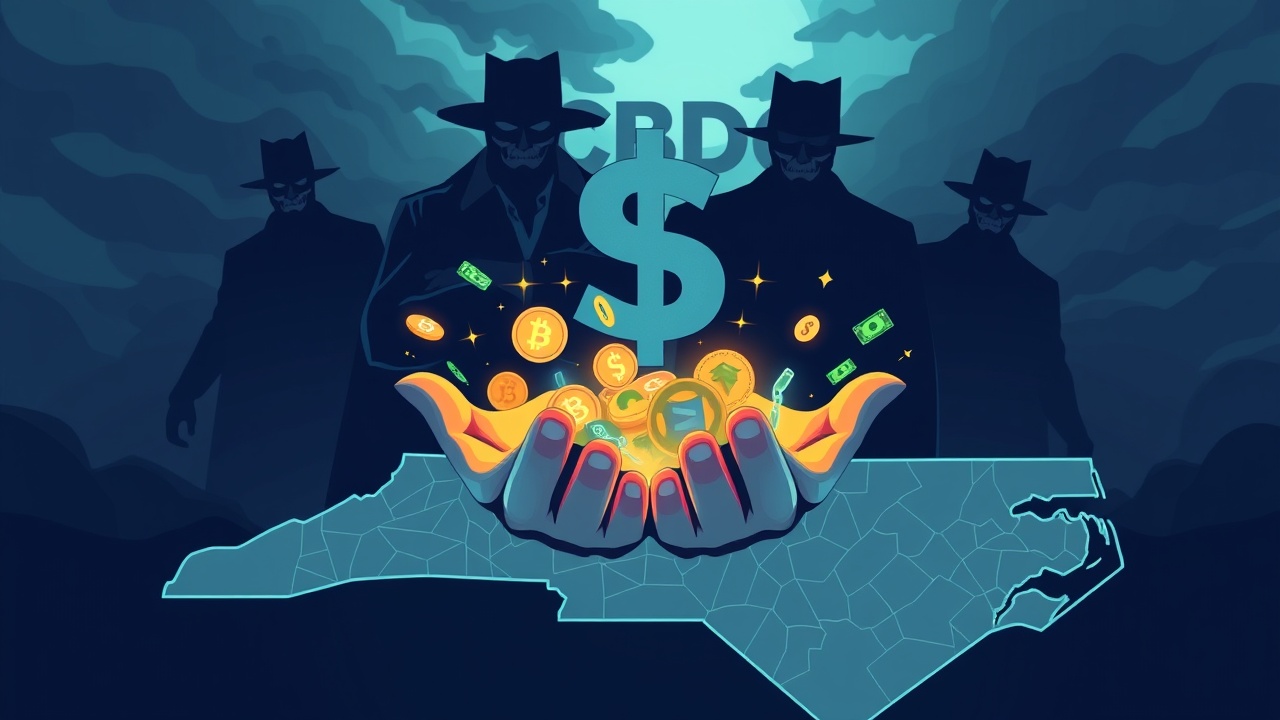The North Carolina Digital Asset Freedom Act
On April 10, 2025, Representative Neal Jackson from North Carolina put forth the North Carolina Digital Asset Freedom Act, a significant piece of legislation intended to formally recognize certain digital assets as acceptable forms of payment, including for tax-related transactions.
Criteria for Digital Asset Recognition
The bill sets forth specific criteria for qualifying digital assets that align closely with Bitcoin‘s properties. These stipulations encompass requirements such as:
- Minimum market capitalization of $750 billion
- Daily trading volumes exceeding $10 billion
- Market presence lasting at least ten years
- Indicators of reliability and decentralization, including:
- Proof-of-work consensus mechanism
- Censorship resistance
- Lack of centralized authority
- Over 99.98% network uptime
- Capped supply
The Trend Towards Decentralization
The initiative underscores the appeal of decentralized digital currencies that operate independently of government control, as they adhere to economic principles of limited and noninflationary money. This legislative move coincides with a growing trend across various U.S. states, which are increasingly considering the establishment of Bitcoin reserves amidst rising inflation, federal debt concerns, and currency devaluation.
Opposition to Central Bank Digital Currencies
Interestingly, the introduction of this act follows North Carolina’s decisive actions against Central Bank Digital Currencies (CBDCs). The state’s former Governor, Roy Cooper, had previously vetoed a bill aimed at prohibiting CBDCs in July 2024, deeming the timing of such a ban as reactionary. However, this veto was overridden by the North Carolina House of Representatives in August with a substantial majority of 73-41, and subsequently approved by the Senate with a 27-17 vote in September, thereby solidifying the state’s anti-CBDC stance.
Industry Perspectives
Dan Spuller, who leads industry affairs at the Blockchain Association, expressed commendation for North Carolina lawmakers for resisting CBDCs, while also criticizing Governor Cooper’s earlier veto as a missed chance to assert a strong anti-CBDC message to the Federal Reserve.
His remarks resonate with the sentiments of many crypto advocates, who view the actions taken at the state level as pivotal in determining the trajectory of digital currency regulation in the U.S. Overall, North Carolina’s ongoing legislative developments regarding digital assets and CBDCs could bear significant consequences for its economic framework and financial policies moving forward.




